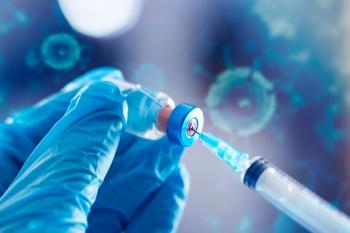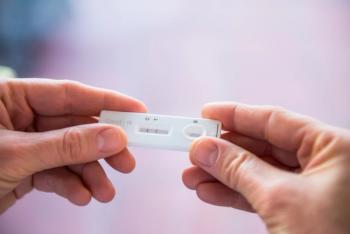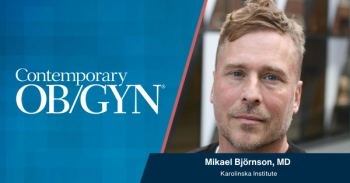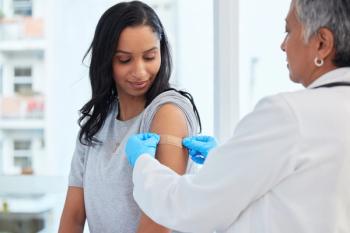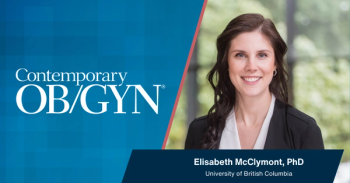
IDSA: Testing, masking still key to COVID-19 infection control
In a briefing this morning, the Infectious Diseases Society of America (IDSA) stressed the continued importance of coronavirus 2019 disease (COVID-19) control measures that have been there from the start.
As the United States approaches the 1-year anniversary of the start of shut downs related to the coronavirus 2019 (COVID-19) disease in the United States, there’s a sense of both hope, due to the recent authorization of 3 vaccines, and fatigue because many people feel worn out from dealing with business, educational and recreational closings and limitations.
Accelerated vaccination efforts, rumored easing of
In her opening remakes in the briefing, Romney M. Humphries, PhD, D(ABMM), M(ASCP), professor of pathology, microbiology and immunology at Vanderbilt University Medical Center in Nashville, Tennessee, stated that although vaccination may be seen as a priority to many, robust testing for COVID-19 remains essential to infection control. It’s an important tool in not only finding cases, but helping with enrollment for therapeutic clinical trials, determining a community’s quarantine requirements, tracking spikes in cases, and monitoring for variants and further evolution in the virus. Then Mary K. Hayden, MD, FIDSA, professor of internal medicine and pathology at Rush Medical College in Chicago, Illinois, spoke about how one of the difficulties of testing is the vast number of scenarios. She stressed that testing was important not only because of public health implications, but it can also help prevent spread in the home due to family members taking measures, such as wearing masks and having the COVID-19 positive person be physically separated from others.
Humphries discussed whether COVID-19 testing in schools could be a helpful way to control the spread of the disease as well as an avenue for keeping schools open. Testing for COVID-19 in schools would likely follow the patterns of many other things in schools: wealthy districts would have the needed resources and poorer districts might not. She also noted that a lack of infrastructure made it unlikely that schools would be a major area of testing.
She said that other measures, such as having children with symptoms remain at home and monitoring their disease course would be just as helpful in controlling the spread.
The authorization of at-home testing for COVID-19 has made the idea of more robust testing a possibility, but at a literal and figurative price. The $25 or more price point of the tests likely prices it out of the range for some of the most vulnerable population. Additionally, Humphries noted that the test needs to be performed as accurately as possible to get credible results and user error could create problems. Also, home testing may prevent an accurate look at epidemiological data if the results of home tests aren’t provided to health care providers or local public health departments.
Hayden remarked that both testing and the vaccine are just 2 elements of ending the pandemic and that a successful response would include:
- Testing
- Vaccines
- Wearing masks
- Social Distancing
- Proper hand hygiene
- Limiting exposure to indoor spaces
As of March 2, the US has reported 3 straight days of fewer than 60,000 new COVID-19 cases. In that same time period, the country surpassed 50 million total administered COVID-19 vaccines—and 25 million persons fully vaccinated with either the two-dose mRNA products from Pfizer or Moderna, or the single-shot adenovirus vaccine from Janssen.
Newsletter
Get the latest clinical updates, case studies, and expert commentary in obstetric and gynecologic care. Sign up now to stay informed.

